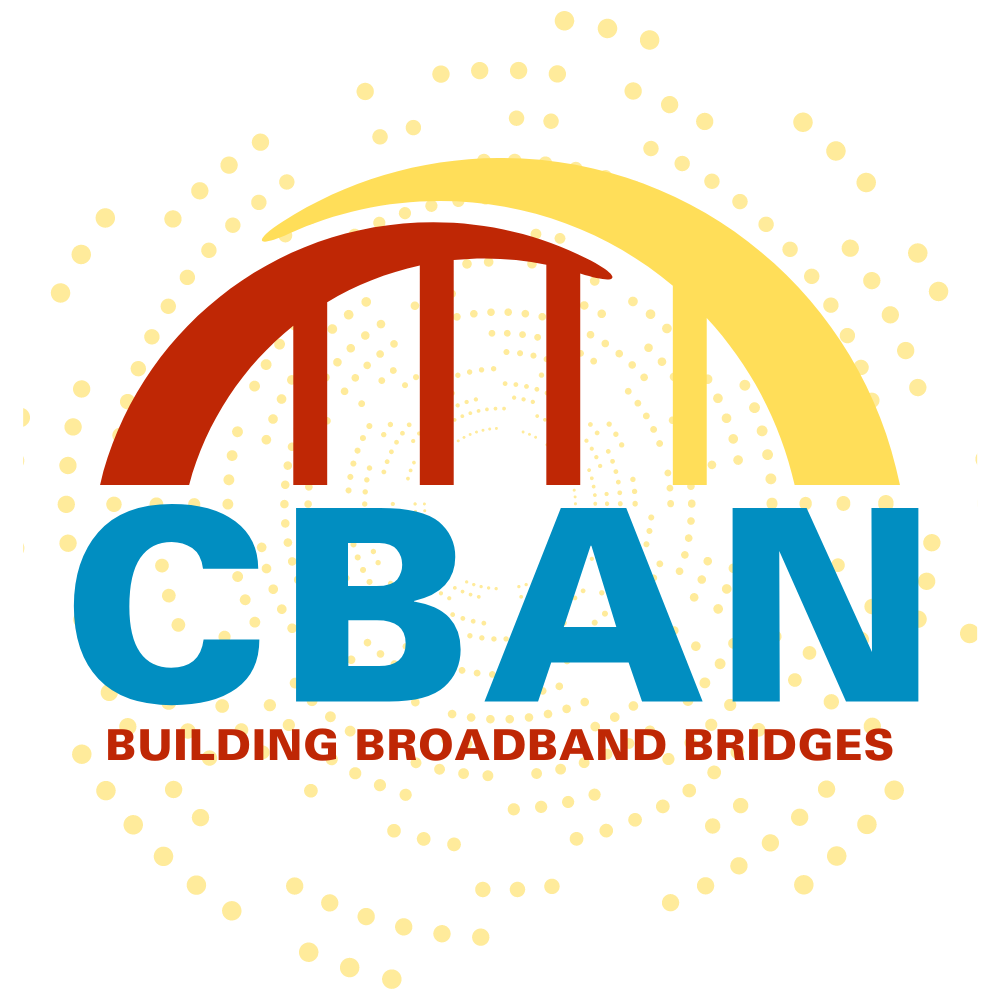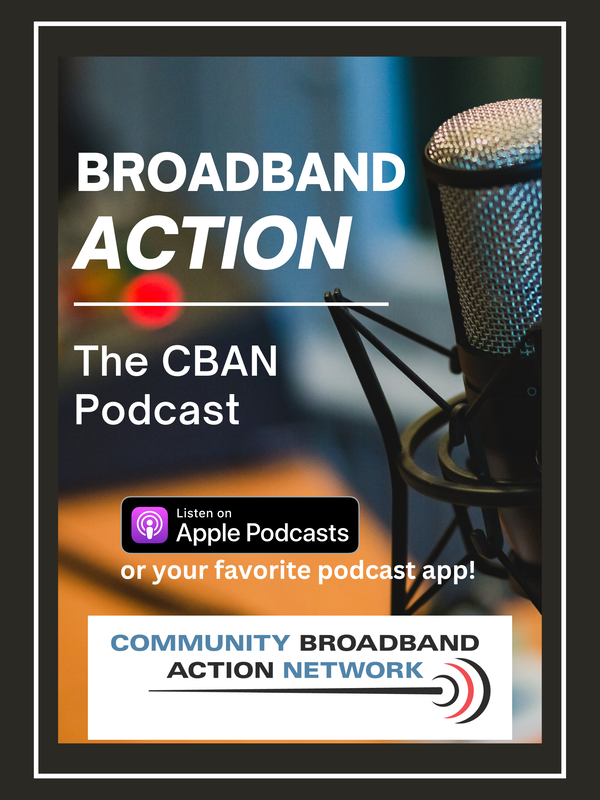|
On Thursday, the Senate Commerce Committee will vote on a bill to extend the ACP, with $6 billion slated to be carved out from auction proceeds from off-spectrum bands to commercial users (if the FCC’s authority to do so is reinstated). Excellent coverage has been provided by Broadband Breakfast and Broadband Communities on the details to date.
What isn’t getting a lot of specific attention is the amendment to the bill proposed by lead sponsor Ben Ray Luján (D-New Mexico) as a standalone measure. It would tighten income requirements from households at or below 200 percent of FPL to 135 percent, the same standard applied to Lifeline. It also proposes more stringent verification, requiring all recipients to qualify through the National Verifier. This is important. The current program can serve up to 51.6 million American households (participation is around 23 million households so far). Under the new guidelines, only about 33 million households would qualify - a decrease of 36 percent, or 18.6 million households. Pair that with the somewhat paltry $6 billion allocation and no identified long-term funding source, and we have to ask: will this bill, if passed, support the longevity of ACP, or is it the first decisive step towards killing it altogether? If 36 percent of current participants are kicked off the program anyway, how will we serve those families? It’s vanishingly rare for program subsidies that go down to come back up.
0 Comments
Leave a Reply. |
Broadband Bytes NewsPresented by the Community Broadband Action Network and curated by Curtis Dean. Archives
July 2024
Categories
All
|




 RSS Feed
RSS Feed
